Julius Caesar at Shakespeare’s Globe

Julius Caesar is one of Shakespeare’s history plays that is always relevant: the tensions and dynamics of war and peace, tyranny and freedom are (sadly) ever current, despite the changed context. Diana Page directs a production that aims to awaken the spirit and observe how history repeats itself today.
After his victory over Pompey, Julius Caesar (Dickon Tyrrell) returns to Rome to great praise from his people and of the Senate, who want to crown him king at the Ides of March. Some noblemen, including Cassius (Charlotte Bate) and Caesar’s son, Brutus (Anna Crichlow), though, believe this decision will determine the end of the Republic and so the freedom of the people. They plot to kill Caesar, leaving his righthand man, Mark Antony (Samuel Oatley), alive. Little do they know how cleverly the latter will be able to stir the Romans to hunt the murderers, and how he will form an allegiance with Octavius to exact revenge.
As a show that’s part of the Globe on Tour, its set is kept pretty bare, apart from a statue and few props brought forward. The performers easily fill the vast remaining space, moving up and down the steps to perform from the yard as well. Indeed, the shouting from the par terre and interaction with the actors upstage get the theatregoers engaged, occasionally joining in the clamour.
The cast doesn’t stick to the original roles in terms of gender, resulting in a nice mix, but unfortunately the trick doesn’t always find an analogue in the script, which features some equally mixed-up lines and references. A similar, although less prominent, hiccup seems to be encountered for the modernisation of the tragedy: the makeover is inherent only to the costumes, but not much in the overall re-contextualisation.
Cassius is interestingly characterised as very active and alert – the engine of the revolution. Antony, initially appearing as a rather dumb figure, servile behind Caesar, sets the theatre on fire when it comes to the funeral, reverberating with the power of rhetoric and including some humorous moments. Words, indeed, are significant tools, capable of saving or destroying lives. Apart from Antony’s speech, more often than not, the power of words is lost here: the tone is not uniform and the dialogue’s verve fades. With emphasis only on the strength of the voice, rather than also in the actors’ projection, the result doesn’t build pathos – and that’s the case for the stabbing of Caesar and other tight verbal exchanges.
This production has strong potential for passionate debate and questions on how to deal with greedy men taking power, violence and revolution, and the energy of the cast is a key ingredient. But the dilution of the actions and the dim relevance given to the oratory in the play hinder the outcome.
Cristiana Ferrauti
Photo: Helen Murray
Julius Caesar is at Shakespeare’s Globe from 11th May until 10th September 2022. For further information or to book visit the theatre’s website here.
Watch director Diane Page and designer Khadija Raza talk about the show here:




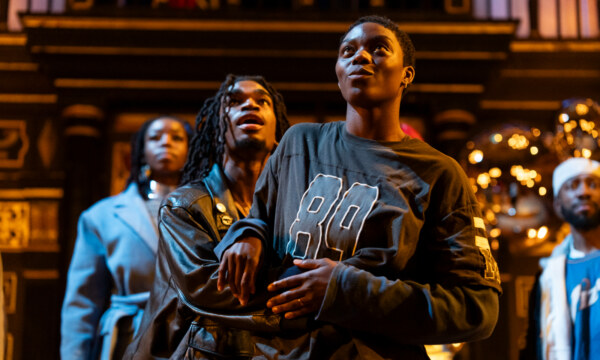
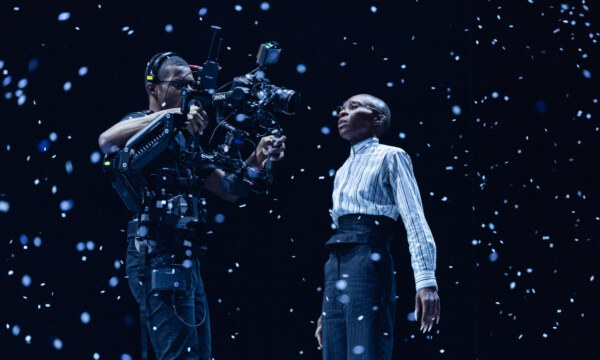
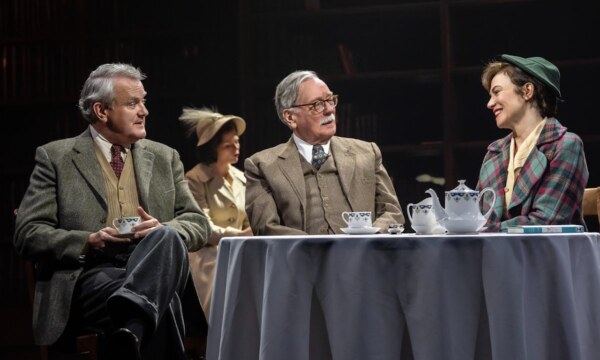
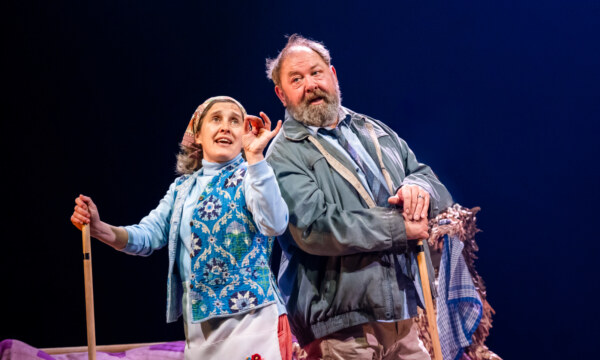
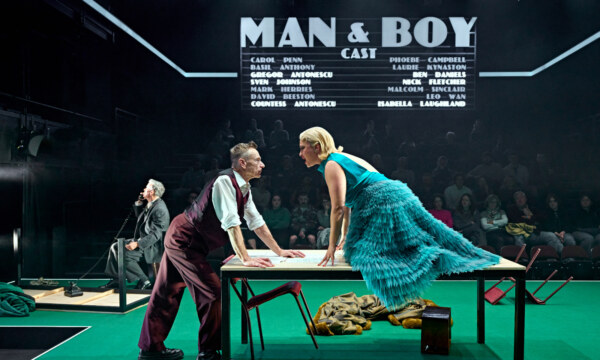
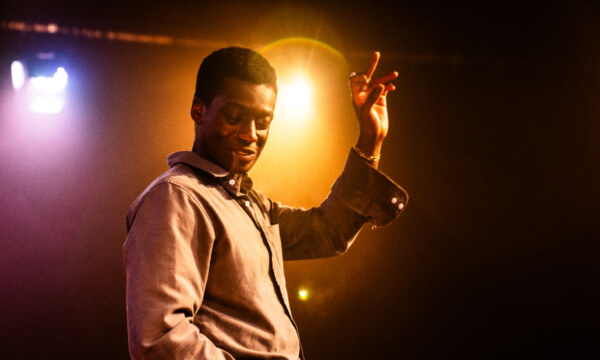
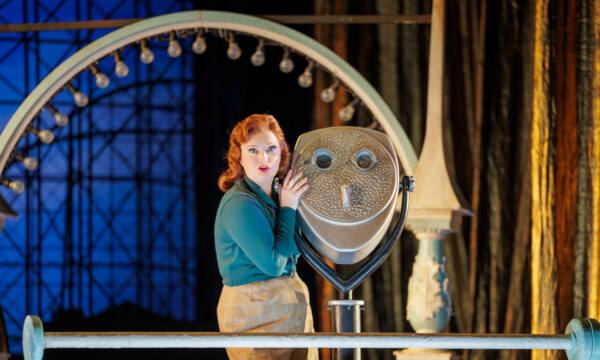


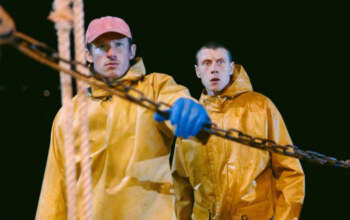
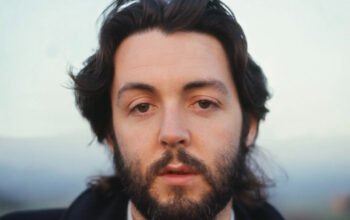











Facebook
Twitter
Instagram
YouTube
RSS